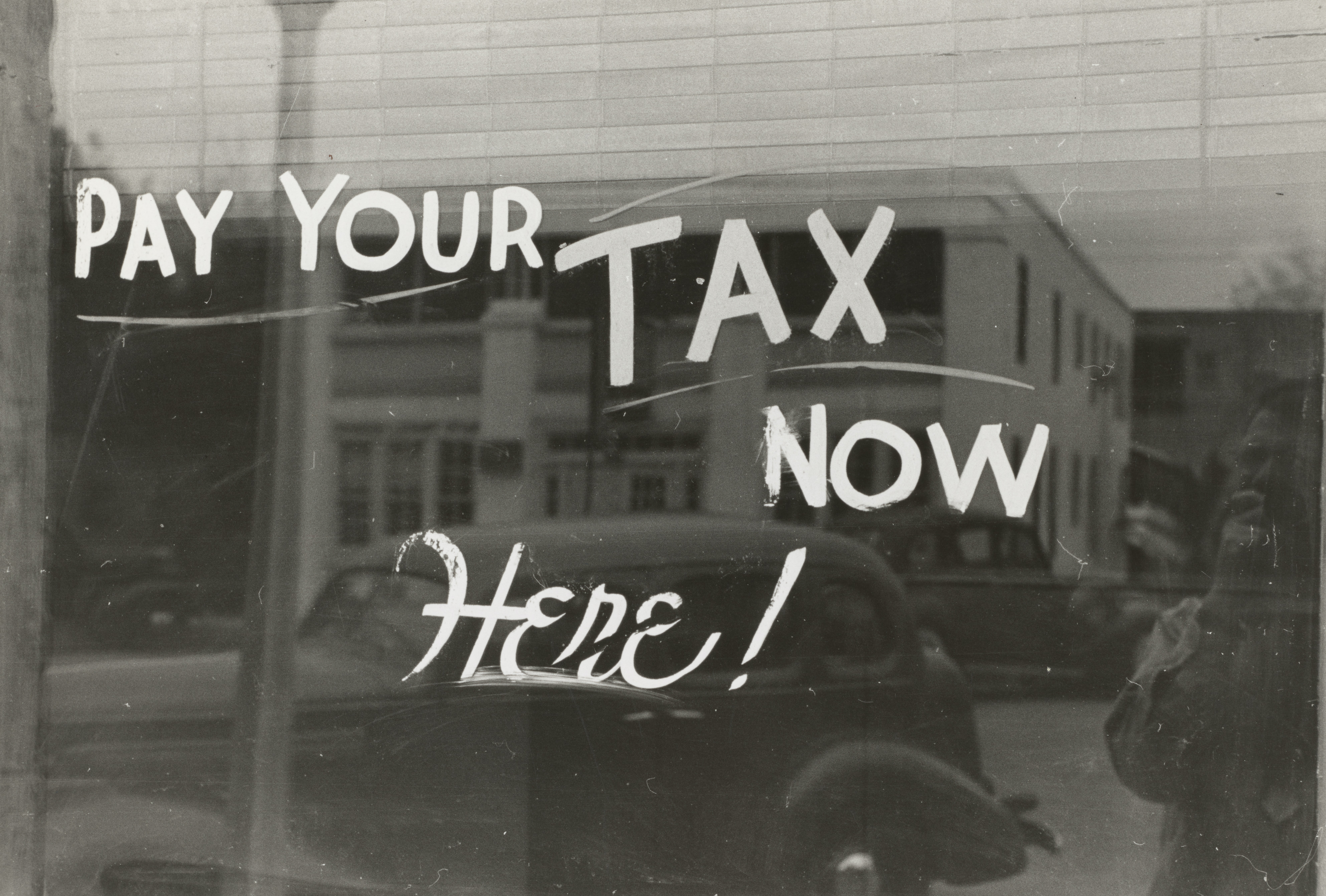Real & Tangible Personal Property
All real property and all tangible personal property of a decedent, who was a citizen of Pennsylvania at the time of their death is taxable. Examples of such property include:
- Cash on hand;
- Automobiles;
- Furniture;
- Antiques;
- Jewelry;
- Real Estate / Primary Residence located in Pennsylvania;
- Real Estate / Investment Properties located in Pennsylvania;
- etc.
Intangible Personal Property
All of the resident decedent’s intangible property, regardless of where it is located at the time of the decedent’s passing, is also taxable. Examples of such property include:
- Stocks;
- Bonds;
- Bank Accounts (Checking & Savings);
- Closely held business interests;
- Etc.
Conversely, if the decedent is a non-resident; meaning, not a resident of Pennsylvania at the time of their death, then only their real property and tangible personal property located in Pennsylvania at the time of their passing is taxable. No intangible personal property of the decedent would be taxable under this scenario.
Jointly-Owned Property
Finally, it is also important to remember that jointly-owned property with survivorship interests, except for property held by married spouses, is taxable to the extent of the decedent’s fractional interest in the joint property being inherited by the surviving owner(s).
For example: A father and two sons own a hunting cabin in Pennsylvania together as joint tenants with right of survivorship; this means they each own a 1/3 interest in the property. Let us assume the property is valued at $300,000 at the time of the father’s passing. As such, the father’s $100,000 value 1/3 interest is immediately inheritable to his sons at the time of his passing; each son would receive a $50,000 interest in the property and they would now each be 1/2 owners with right of survivorship.
The sons would also have to pay inheritance tax (currently at 4.5% for children in PA) on the value they received (4.5 * 50,000); which would be $2,250.00 each.
Additionally, joint property is taxable even if the decedent’s name was added as a matter of convenience.
For example: Mom (Sally) adds her daughter (Elizabeth) to the deed to her house; Sally does this thinking she will make it easier on her daughter to “not have to go through probate” when Sally passes from this life. However, two years later, Elizabeth passes unexpectedly due to a vehicular accident. At the time of Elizabeth’s passing, Sally’s residence is valued at $450,000 (which is a 1/2 interest (or $225,000.00 value) in each Sally and Elizabeth). Sally now has to pay 4.5% inheritance tax on $225,000 to inherit the share she bestowed on Elizabeth back! That’s $10,125.00! On a house she previously owned outright!
Questions:
If you have questions about Pennsylvania inheritance tax, feel free to reach out to Covalt Law at your convenience; we’d be happy to provide you with an overview of what to expect as you plan for your estate or administer a loved one’s wishes.
Legal Disclaimer
This blog positing is made available for educational purposes only as well as to provide Central Pennsylvanians with general information and a general understanding about this area of Pennsylvania law, not to provide specific (or any) legal advice. Use of this blog does not create an Attorney-Client Relationship with the publisher, Covalt Law, or Nittany Settlement Company. This blog is for general informational purposes only. Covalt Law is a law firm in State College, Pennsylvania and some of the information within this blog relates to legal topics. Covalt Law, LLC does not offer or dispense legal advice through this blog or by e-mails directed to or from this site. By utilizing this blog, the reader agrees that the information contained herein does not constitute legal advice or other professional advice and no attorney-client relationship or other relationship is created between the reader and Covalt Law, Nittany Settlement Company, or its attorneys. Moreover, this blog is not a substitute for obtaining legal advice from a qualified attorney licensed in your state or jurisdiction. The information on this blog may be changed without notice and is not guaranteed to be complete, correct, or up-to-date. While the blog is revised on a regular basis, it may not reflect the most current legal developments or law in your jurisdiction. The opinions expressed at or through the blog are the opinions of the individual author and may not reflect the opinions of the firm or any individual attorney.
Additionally, to ensure compliance with requirements imposed by the U.S. Internal Revenue Service in Circular 230, we inform you that any tax advice contained on this site (including any links provided) is not intended or written to be used, and cannot be used, for the purpose of (i) avoiding penalties under the U.S. Internal Revenue Code or (ii) promoting, marketing, or recommending to another party any transaction or matter addressed in this communication.







